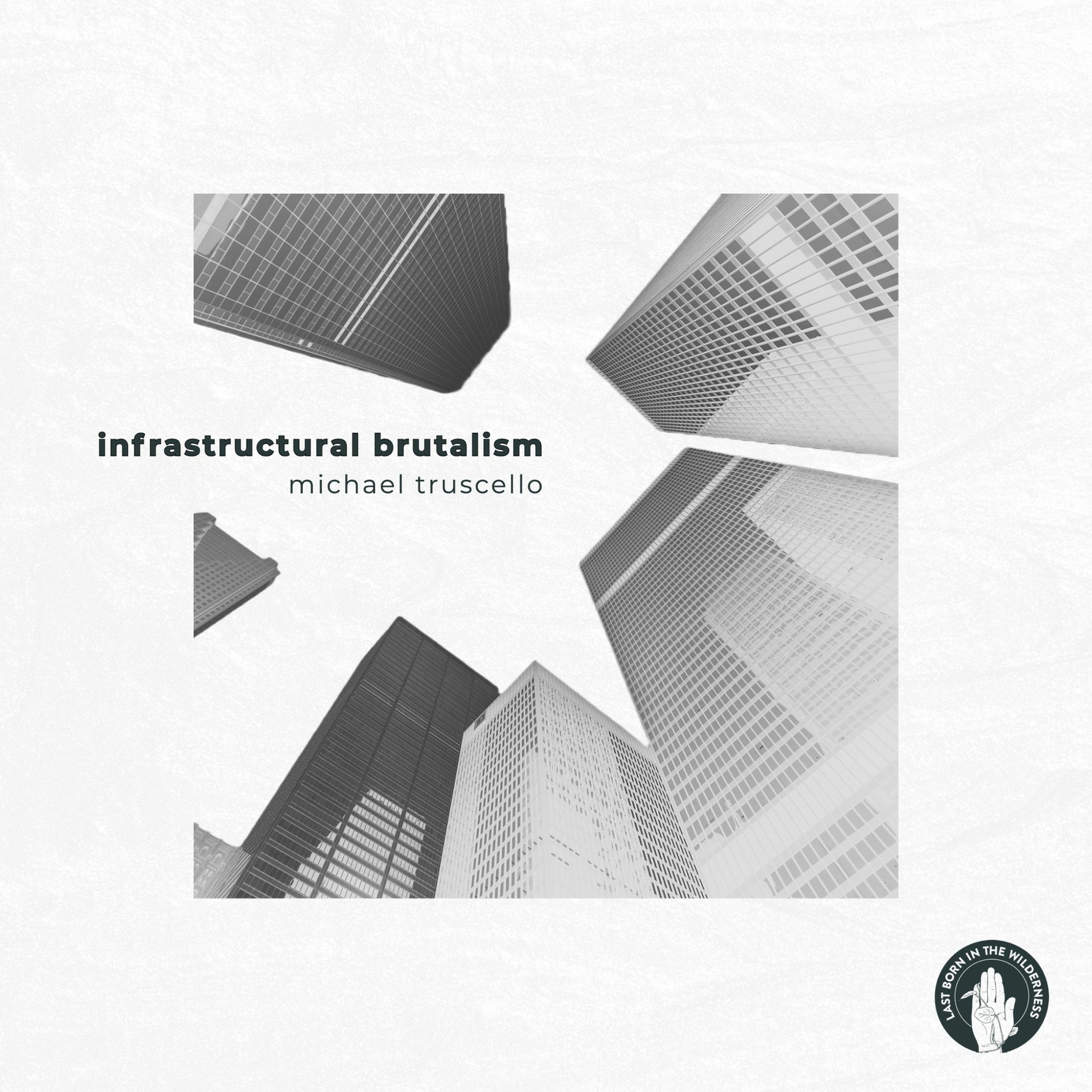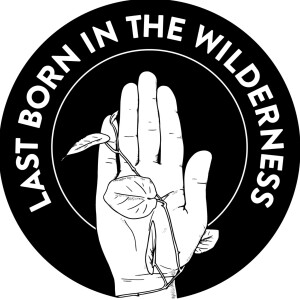
328 / Infrastructural Brutalism / Michael Truscello
 2022-09-14
2022-09-14
Download
Right click and do "save link as"
Michael Truscello joins me to discuss his book 'Infrastructural Brutalism: Art and the Necropolitics of Infrastructure,' in which he “looks at the industrial infrastructure not as an invisible system of connectivity and mobility that keeps capitalism humming in the background but as a manufactured miasma of despair, toxicity, and death. Truscello terms this “infrastructural brutalism”—a formulation that not only alludes to the historical nexus of infrastructure and the concrete aesthetic of Brutalist architecture but also describes the ecological, political, and psychological brutality of industrial infrastructures.”
What is infrastructure? How does it shape our lives, direct our movements, and inform our worldviews? And, furthermore, what is the nature of the systems that produce the kinds of infrastructure we live our lives within and through? As Michael Truscello identifies in his book 'Infrastructural Brutalism,' there is a brutal logic that underlies the infrastructure projects of the 20th and 21st centuries. Especially in a time of mass extinction and accelerated climate catastrophe, the very fact that the largest infrastructure project in human history, the Belt and Road Initiative, is currently underway in China speaks to the suicidal urge inherent within the imperatives of the global capitalist order. In spite of the present and accelerating collapse of the biosphere, nation states and their corporate beneficiaries are racing to pave more roads, lay down more rail lines and pipelines, construct more power plants, airports, and seaports, and consequentially, decimate more ecosystems in the pursuit of technological and geopolitical dominance. Truscello walks us through this predicament, as well as what a multiplicitous response to these crises may contain. And finally, he discusses his fascinating study of various art forms that grapple with the hollow promises and lived brutalities of industrial infrastructure.
Michael Truscello, Ph.D., is an associate professor in English and General Education at Mount Royal University in Calgary, Alberta. He is the author of 'Infrastructural Brutalism: Art and the Necropolitics of Infrastructure' (MIT Press, 2020) and co-editor with Ajamu Nangwaya of 'Why Don’t The Poor Rise Up? Organizing the Twenty-First Century Resistance' (AK Press, 2017). His recent publications on petrocultures have appeared as chapters in 'Petrocultures: Oil, Culture, Politics '(McGill-Queen’s UP, 2017), 'Interrogating the Anthropocene: Ecology, Aesthetics, Pedagogy, and the Future in Question' (Palgrave Macmillan, 2018) and 'Fueling Culture' (Fordham UP, 2017). He directed the film 'Capitalism Is The Crisis: Radical Politics in the Age of Austerity' (2011). He acknowledges that he lives and works on Treaty 7 territory, the ancestral and traditional territory of the Blackfoot Confederacy: Kainai, Piikani and Siksika as well as the Tsuu T’ina First Nation and Stoney Nakoda First Nation.
Episode Notes:
- Learn more about Michael’s work: https://www.michaeltruscello.com
- Download and/or purchase a copy of 'Infrastructural Brutalism': https://bit.ly/3eDc76a / https://bit.ly/3BaXqyD
- Follow him on Twitter: https://twitter.com/InfraBrutalism
- Music produced by Epik The Dawn: https://epikbeats.net
WEBSITE: https://www.lastborninthewilderness.com
PATREON: https://www.patreon.com/lastborninthewilderness
DONATE: https://www.paypal.me/lastbornpodcast / https://venmo.com/LastBornPodcast
BOOK LIST: https://bookshop.org/shop/lastbornpodcast
EPISODE 300: https://lastborninthewilderness.bandcamp.com
BOOK: http://bit.ly/ORBITgr
ATTACK & DETHRONE: https://anchor.fm/adgodcast
DROP ME A LINE: Call (208) 918-2837 or http://bit.ly/LBWfiledrop
EVERYTHING ELSE: https://linktr.ee/patterns.of.behavior
view more
More Episodes
374 / Eye On The Storm / Jeff Masters
 2024-10-12
2024-10-12
 2024-10-12
2024-10-12
Preview / Eye On The Storm / Jeff Masters
 2024-10-09
2024-10-09
 2024-10-09
2024-10-09
370 / To Wonderment + Awe / Carl Safina
 2024-08-23
2024-08-23
 2024-08-23
2024-08-23
Preview / To Wonderment + Awe / Carl Safina
 2024-08-19
2024-08-19
 2024-08-19
2024-08-19
369 / Taproots / Antonia Malchik
 2024-08-16
2024-08-16
 2024-08-16
2024-08-16
Preview / Taproots / Antonia Malchik
 2024-08-09
2024-08-09
 2024-08-09
2024-08-09
012345678910111213141516171819
Create your
podcast in
minutes
- Full-featured podcast site
- Unlimited storage and bandwidth
- Comprehensive podcast stats
- Distribute to Apple Podcasts, Spotify, and more
- Make money with your podcast
It is Free
- Privacy Policy
- Cookie Policy
- Terms of Use
- Consent Preferences
- Copyright © 2015-2024 Podbean.com





